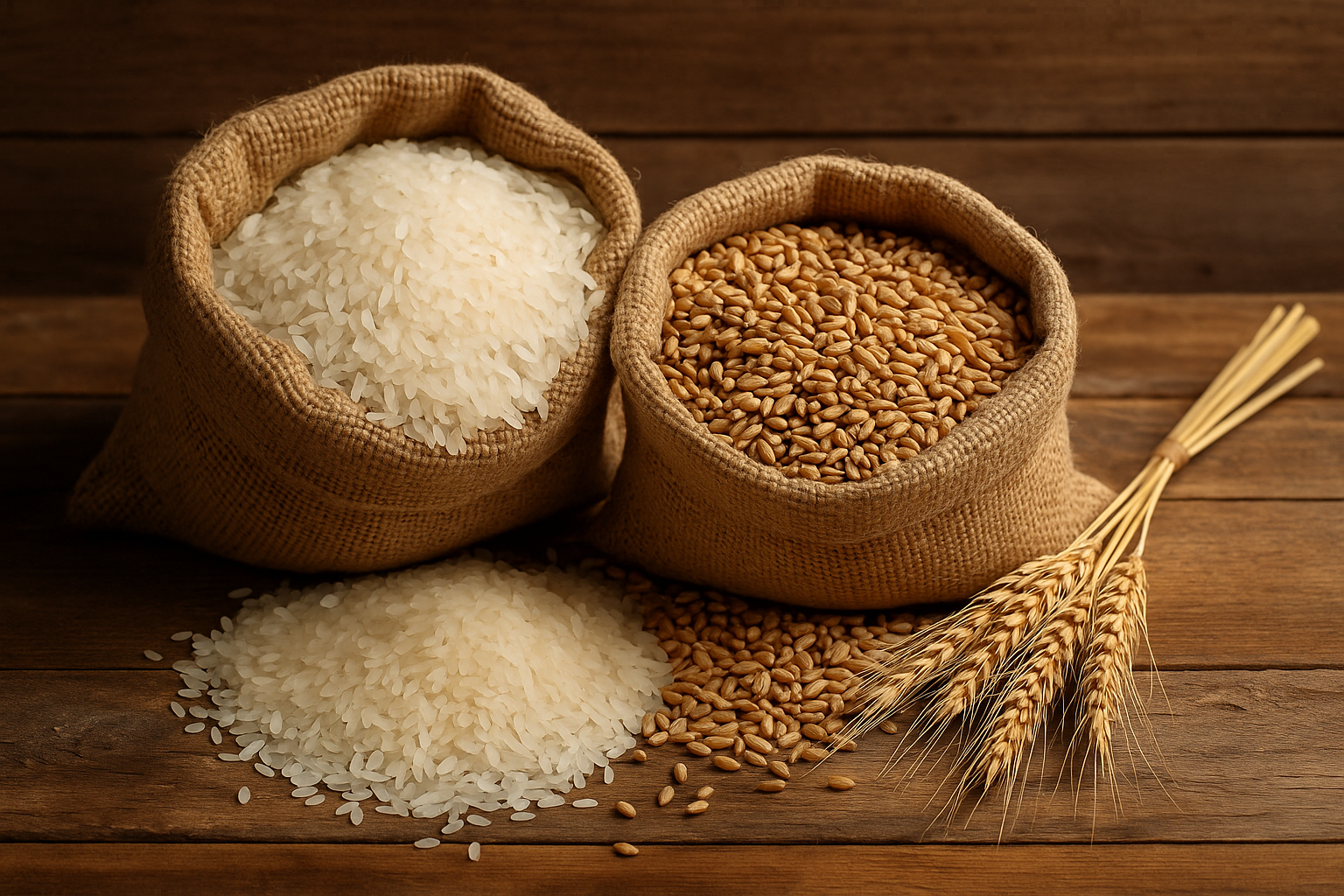Exports, climate change and political instability threatens food security in ECO region
High levels of exports, while beneficial for economic growth and foreign exchange earnings, often reduce domestic food availability. This dynamic is especially problematic in countries with fragile production systems and limited capacity to absorb shocks from climate change, geopolitical instability, or fluctuations in global prices.

Food security remains a pressing challenge for countries across Asia, and new research shows that agricultural trade dynamics in the Economic Cooperation Organization (ECO) are at the center of this struggle. Researchers from the University of Brasov, Romania, have analyzed the institutional, economic, and political factors shaping food availability in the region, offering critical insights into the structural weaknesses and opportunities for reform.
Their article, “Enhancing Food Security in an Asian Regional Organization: The Case of the Economic Cooperation Organization” published in Economies, examines how food exports, imports, and trade policies affect hunger and nutrition levels among ECO member states. Using a regression model alongside qualitative institutional analysis, the study finds that while ECO is a net exporter of food, the balance between exports and imports directly influences the region’s capacity to secure adequate supplies for its population.
How agricultural trade shapes food security in ECO
The ECO, consisting of 10 member states spanning Europe, Asia, and the Middle East, occupies a strategic position in global trade. Yet food insecurity remains widespread, with nearly 59 million people, or 13 percent of the population, experiencing undernourishment. Agriculture is the backbone of many ECO economies, particularly in less industrialized countries such as Afghanistan, Tajikistan, and Kyrgyzstan, where farming provides livelihoods for large segments of society.
The study shows that the region’s status as a net exporter of food masks deeper vulnerabilities. High levels of exports, while beneficial for economic growth and foreign exchange earnings, often reduce domestic food availability. This dynamic is especially problematic in countries with fragile production systems and limited capacity to absorb shocks from climate change, geopolitical instability, or fluctuations in global prices.
At the same time, imports act as a critical stabilizer. By ensuring access to diverse food products and supplementing domestic shortfalls, food imports mitigate the negative effects of export pressures. The authors emphasize that without balanced trade policies, ECO’s food security risks worsening despite its agricultural potential.
What obstacles undermine regional food security?
The analysis highlights structural challenges that continue to undermine the organization’s capacity to guarantee stable food supplies. Political instability across parts of the region disrupts trade flows and investment, while uneven development leaves poorer member states more exposed to food shortages. Inadequate infrastructure, including weak transportation and storage systems, exacerbates waste and prevents timely distribution of food products.
The regression analysis reinforces these findings, confirming that exports have a statistically significant negative impact on food availability, while imports play a moderating role. This underlines the importance of designing policies that prevent domestic scarcity while still enabling countries to benefit from international markets.
Climate change is also a central factor. ECO states face increasing risks from droughts, floods, and shifting weather patterns, which directly reduce agricultural productivity. Without coordinated strategies for climate adaptation, these pressures are likely to intensify.
The study further notes that limited access to credit and financial resources among small farmers hinders innovation and investment in sustainable practices. Many producers remain dependent on outdated techniques, leaving yields below potential and further contributing to food insecurity.
What policy actions are needed for sustainable food security?
The authors propose a set of policy measures aimed at strengthening ECO’s ability to safeguard food supplies while promoting regional economic integration. A key recommendation is the harmonization of tariffs and the reduction of trade barriers. This would allow for smoother intra-regional trade, ensuring that surplus production in one country can offset shortages in another.
Improving infrastructure is equally critical. Investment in transport networks, modern storage facilities, and supply chain systems would reduce food waste and increase efficiency. The creation of regional food reserves is also recommended, providing a buffer against sudden crises such as natural disasters or geopolitical disruptions.
The study stresses the importance of enhancing agricultural productivity through innovation, technology transfer, and sustainable farming practices. Expanding access to credit for farmers would enable them to adopt modern equipment and improve resilience. Early warning systems for food crises should be established to enable proactive responses, reducing the social and economic costs of emergencies.
- READ MORE ON:
- Food security in ECO
- Food insecurity in Asia
- Food availability in ECO countries
- How food exports affect domestic food security in ECO
- Climate change and agriculture in ECO countries
- Hunger and malnutrition in ECO countries
- Regional food security cooperation
- Sustainable farming practices in ECO
- FIRST PUBLISHED IN:
- Devdiscourse










